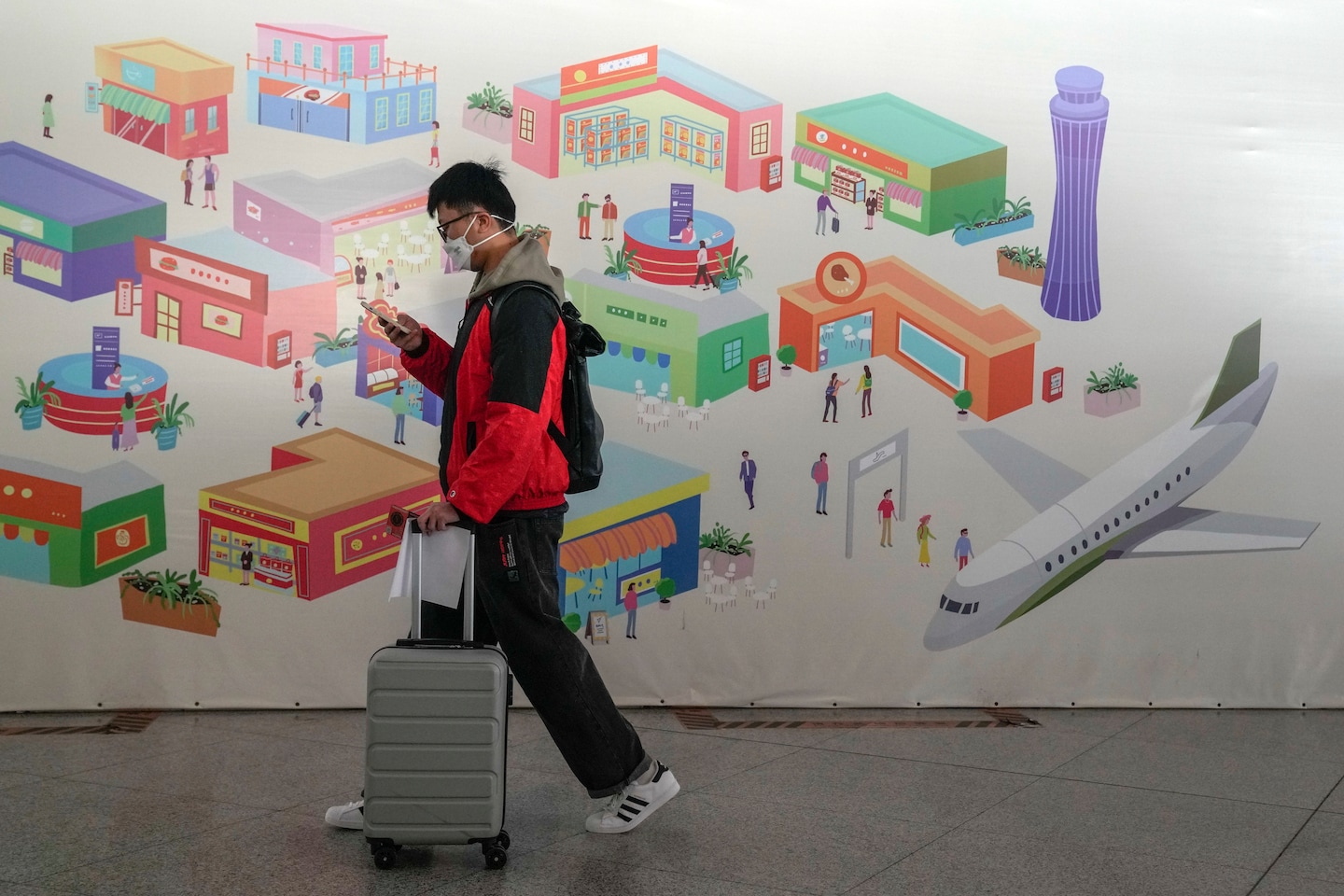“However, we remain vigilant and will be ready to use the emergency brake if necessary,” the EU’s executive arm said in a statement.
Even though virus experts in the EU have played down the immediate danger, Italy on Wednesday made coronavirus tests mandatory for all airline passengers arriving from China. More than 50% of people screened upon arrival at Milan’s Malpensa airport in recent days tested positive for the virus.
Italian Premier Giorgia Meloni on Thursday increased pressure on the EU to join Italy’s approach. She said requiring COVID tests of all passengers from China “is only effective if it is taken at the European level,’’ noting that many arrive in Italy on connecting flights through other European countries.
In Germany, however, the government had a different position. “There is “no indication that a more dangerous variant has developed in this outbreak in China … which would bring corresponding travel restrictions,” Health Ministry spokesman Sebastian Guelde said.
A coordinated EU approach is necessary since almost all EU member nations are part of Europe’s visa-free Schengen Area. The unrestricted travel means that testing in one nation would not be very effective since travelers from China could enter from another EU nation and spread the virus.
After strict travel restrictions at the height of the pandemic, the EU returned to a pre-pandemic system of free travel this fall, but member nations agreed that an “emergency brake” could be activated at short notice to meet an unexpected challenge.
The United States announced new COVID-19 testing requirements Wednesday for all travelers from China, joining some Asian nations that had imposed restrictions because of a surge of infections.
Japan will require a negative COVID-19 test upon arrival for travelers from China, and Malaysia announced new tracking and surveillance measures. India, South Korea and Taiwan are requiring virus tests for visitors from China.
Colleen Barry contributed from Milan, Geir Moulson from Berlin



